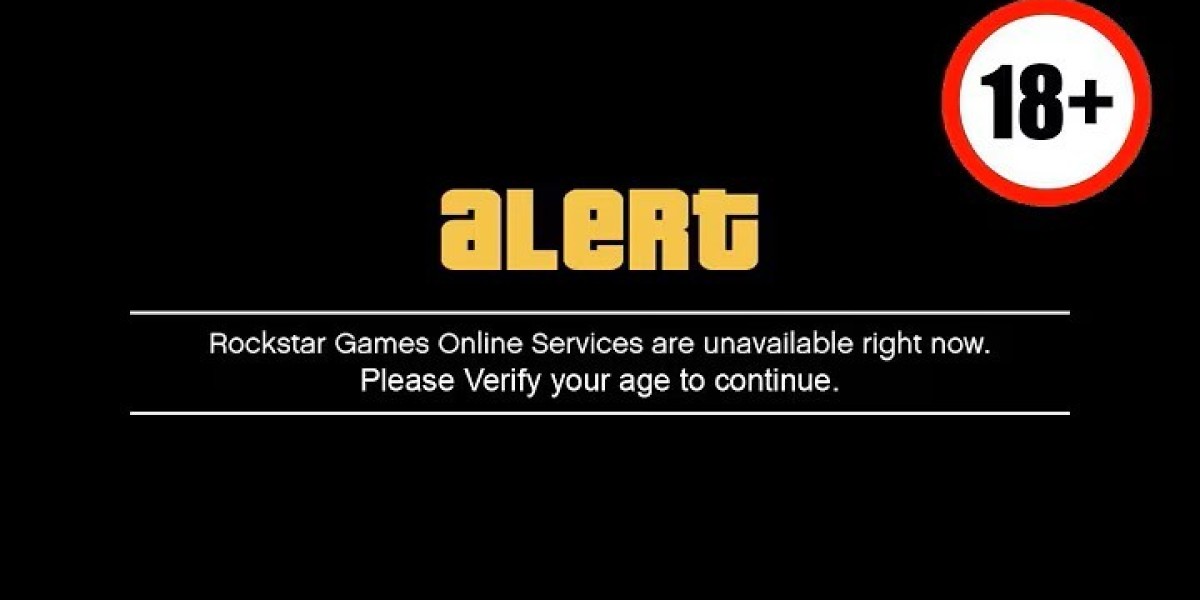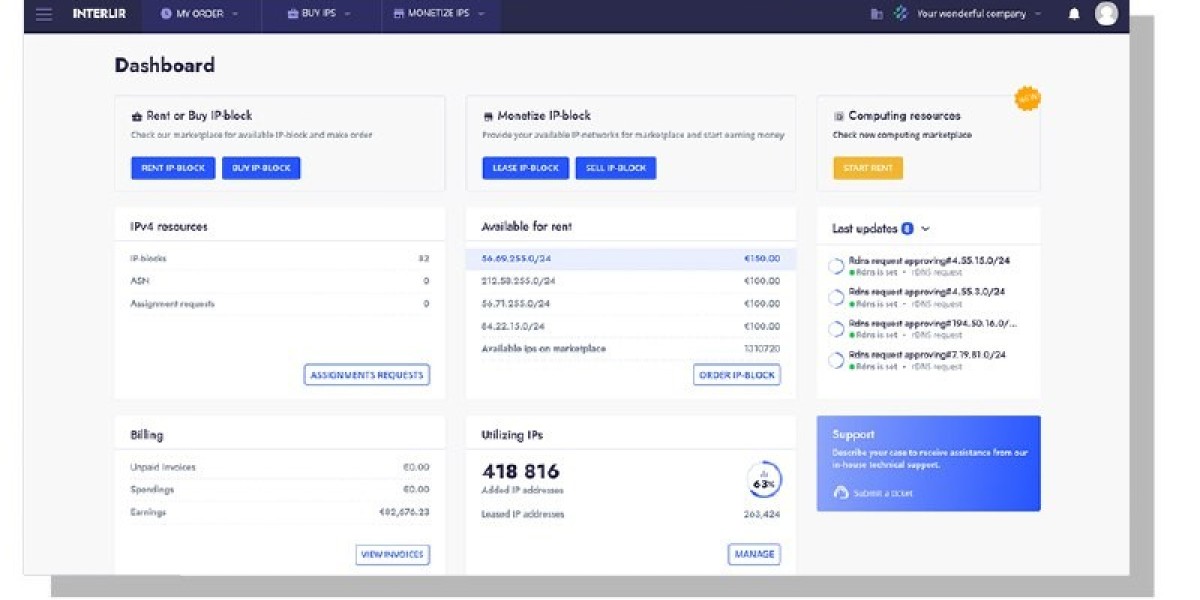Governments around the world are introducing strict new age verification laws that will soon impact major online platforms — including GTA Online. These regulations are aimed at protecting minors from mature content, but they also raise serious concerns about privacy, data security, and access to everyday online features.
What Are Age Verification Laws?
Age verification laws are designed to ensure that users meet the minimum age requirements before accessing content meant for adults. While these laws have traditionally applied to websites featuring adult content or dating services, they are now expanding into online gaming. This includes GTA Online, a game rated M for Mature (17+).
To comply with these laws, platforms will need to verify users’ ages using official identification, such as a driver’s license, passport, or other government-issued documents.
How Will This Affect GTA Online?
Recent leaks from data miners suggest Rockstar Games is already preparing for these changes. They’ve reportedly found code within GTA Online that hints at region-by-region age assurance checks being implemented soon. Here’s what players can expect:
- Certain features like in-game text chat, phone messaging, Snapmatic uploads, and even the in-game store may be locked until age is verified.
- Players may need to scan a QR code or log into the Rockstar Social Club website to complete identity verification.
- These changes will likely roll out first in countries with the strictest online safety regulations — starting with the UK, and expanding globally.
Why This Is a Concern
While protecting kids from inappropriate content is important, the way these laws are being enforced raises several red flags:
- Privacy Risks: Verifying age means sharing highly sensitive documents. That’s a lot of personal data to hand over to companies, especially those that have experienced data breaches in the past.
- Security Issues: Rockstar and other gaming companies have been targeted by hackers. Submitting documents like a passport or driver’s license could lead to identity theft if data is mishandled.
- Overreach and Hassles: Many argue it should be up to parents, not platforms, to manage what their children access. Others find the verification process — which may involve uploading selfies and scanning documents — invasive and time-consuming.
- Ineffective Enforcement: Kids may still bypass restrictions by using their parents’ IDs or other workarounds, making the effectiveness of the system questionable.
What Does This Mean for Players?
If you don’t verify your age, you could lose access to key GTA Online features — or possibly the entire online experience. With certain features possibly locked behind age checks, many gamers are choosing to buy cheap modded accounts while they still can. Even adult players will be required to submit ID documents to unlock parts of the game that were previously open to everyone.
And it won’t stop with GTA. Other platforms like Reddit, YouTube, Twitter, and even Discord are likely to implement similar systems as global pressure for digital safety laws increases.
The goal behind age verification laws — to keep children safe online — is noble. However, the execution raises legitimate concerns around privacy, security, and accessibility. For GTA Online players, it means a future where simply enjoying the game could involve sharing sensitive personal data with companies that may or may not have the best track record for protecting it.
As these systems begin to roll out, it’s crucial to stay informed, understand your rights, and evaluate the risks before submitting your information.
What do you think? Are these laws a smart move toward online safety, or are they creating more problems than they solve? Stay tuned for official Rockstar updates on when age verification will be required in your region.
Be cautious, stay informed, and protect your digital privacy.







